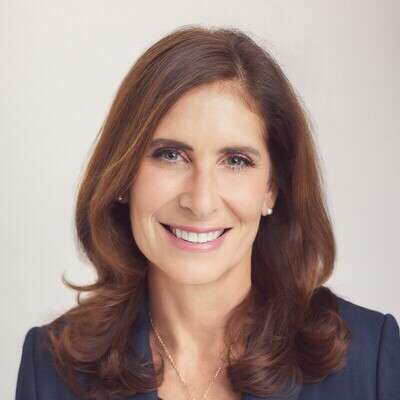The final installment of our series on the transforming Chief Human Resources Officer role focuses on the challenges of organizational diversity.
The final installment of our series on the transforming Chief Human Resources Officer role focuses on diversity – a key challenge with the potential to disrupt the profession. More than nine in 10 (93%) of HR executives in our survey agreed that it is important for companies to diversify their talent pool and hire people from different backgrounds.
While the goal of diversity is nearly universal, there is work to be done, especially at the C-suite and board levels. Most HR decision makers reported diversity in their organizations, yet perceptions about diversity vary. So do diversity efforts. Further, in comparing diversity of background with diversity of skill sets, we found some surprising differences in opinion.
Click Here for Part 1: Impact of AI and Technology and Click Here for Part 2: The CHRO Role in the C-Suite & Board.










